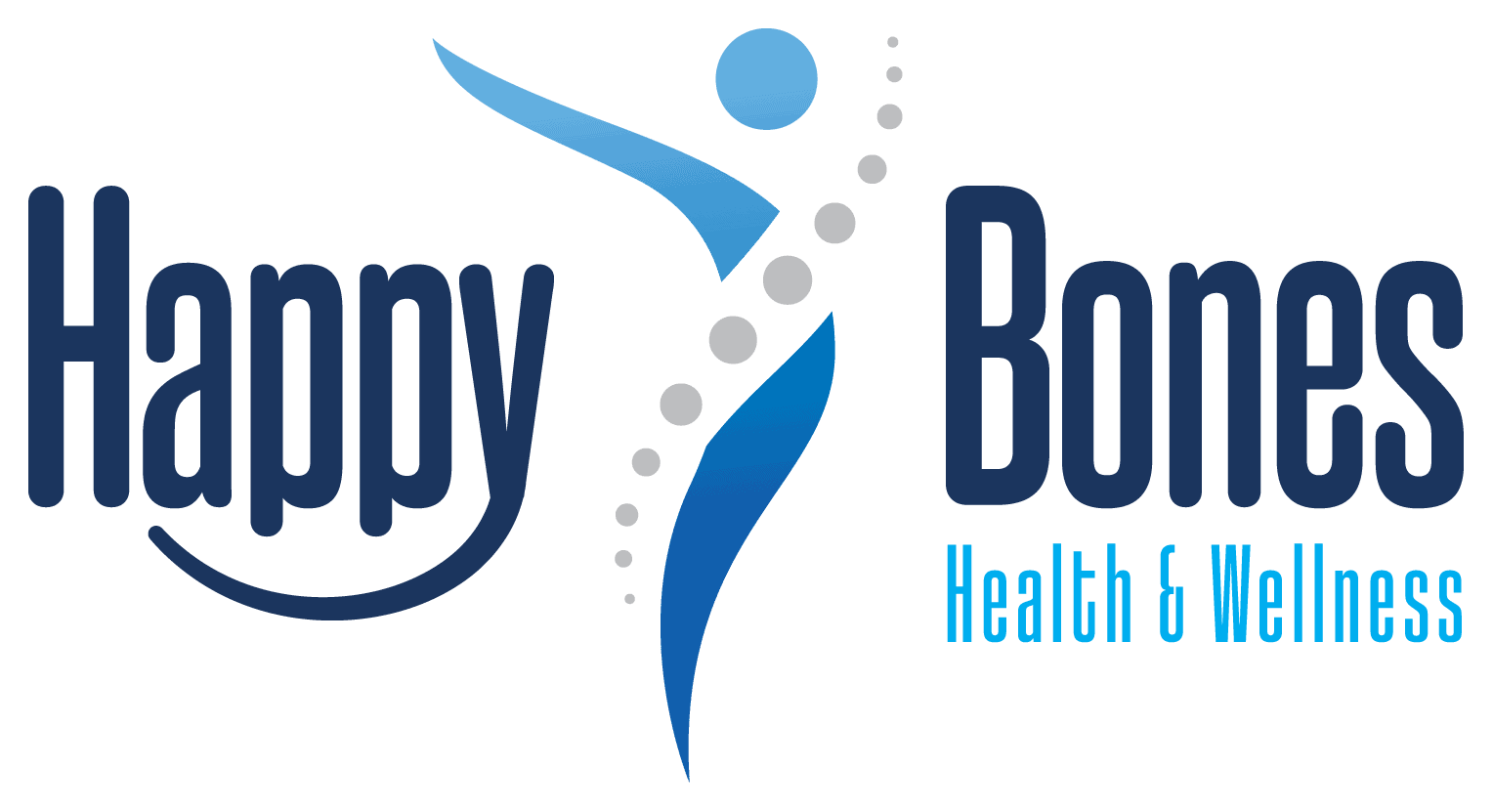Acupuncture
Balance Your Body's Energy
Balance Your
Body's Energy
The flow of energy through the human body is controlled by 12 meridians that are normally in balance. If a disruption of energy flow exists, it can alter the entire system, producing pain or symptoms in the body. Acupuncture points are believed to stimulate the central nervous system. Inserting an acupuncture needle causes an increase in circulation, a reduction of inflammation, and a release of neurochemicals, such as dopamine and serotonin. This can relieve pain, stimulate the body’s natural healing abilities, and promote physical and emotional well-being.
